Authentic.
Merriam-Webster’s word of the year.
Merriam-Webster speculates that the rise of searches for the word “authentic” is connected to the increased desire to speak an “authentic voice” and the rise of AI technology: two things that are deeply intertwined.
One year ago, ChatGPT generated itself into our lives.
“I remember seeing it very, very shortly after it first came out within a week,” English department chair Elizabeth Chapman said. “And I just remember thinking this is going to change everything.”
Chapman began her relationship with ChatGPT by feeding it an AP English Literature and Composition question, asking it to generate an essay. Instantaneously, the software created a full essay. After taking a screen recording of the essay, she emailed it to the rest of the English Department. Her fellow teachers responded with surprise.
“Everybody else had the same reaction,” Chapman said. “We thought something like [ChatGPT] could happen in 50 years or three years, but not in 2022.”
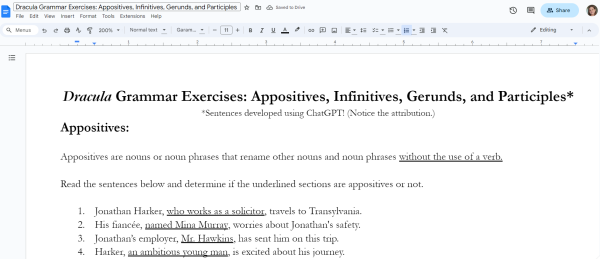
An added twist to the predicament? Finals were just a month away. Chapman and her fellow English teachers hoped they could clear finals before the students found out. But, the students caught on.
“I remember hearing people talk about it in computer science class the week it came out,” junior Landon Liu said. “I used it to help me summarize on a WHAP snapshot, and it made things so much easier.”
To adapt, teachers started having discussions with the class about the importance of academic honesty and authenticity in writing. They also had personal discussions with students whose essays felt AI-generated.
“We had a lot of conversations last year, right about this time,” Chapman said. “And in almost every instance, the student would say, ‘Okay, I’m going to be honest with you. I did use AI.’”
One year later, as finals approach again, AI use still plagues teachers. To combat the novel technology of AI, some teachers are going back to the practices of the past. Many teachers have switched to pen-and-paper essays while others have sidestepped the issue altogether by using paper and pencil multiple-choice tests.
But while some teachers may be trying to bar students from using AI, others have embraced it.
“I think that one of the big tenants of the library and Library Science is to be ahead on most technologies, especially educational technology,” librarian Kaitlyn Carpenter said. “I’ve been messing with it for the last year since ChatGPT came out.”
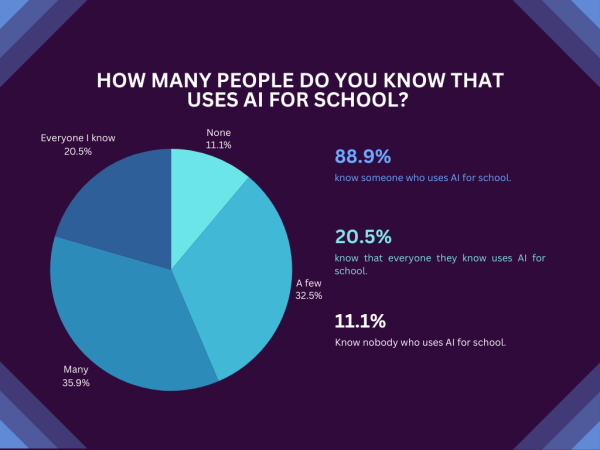
Even from the beginning, Carpenter realized the possible benefits of AI. In conversations with the English department, she advocated for AI to be used as an assistive technology: not removing critical thinking, but helping complete tasks faster. Carpenter has used AI to teach her how to do multiple tasks such as creating the library’s incentives page and teaching bridge design to CTE classes.
“Did I know anything about bridge design before they came to me?” Carpenter said. “Absolutely not. But between my research and using AI to help me fill the gaps, I was able to create a comprehensive lesson.”
Carpenter believes that those teachers trying to prevent students from accessing AI are on a doomed path. Instead, she believes in teaching students how to use AI responsibly, just like how teachers taught students how to use the Internet responsibly when it came out. She says that those who try to use it dishonestly will be caught just like those who use the Internet dishonestly.
“I will always go with what my dad said, ‘Work smarter not harder,’” Carpenter said. “If there is a technology out there that can help you get where you need to go, why not use it? You’re still doing the work.”
And it seems that other teachers have gotten the message.
Even Chapman, the one who raised the warning about AI, uses it to generate grammar exercises (with attributions) for her students so that she can spend the time grading essays, helping students develop clubs and advising students about study-abroads.
“I think whether AI is positive or negative comes down to the choices that we make,” Chapman said. “That really excites me because I believe in our potential to choose to do the right thing.”

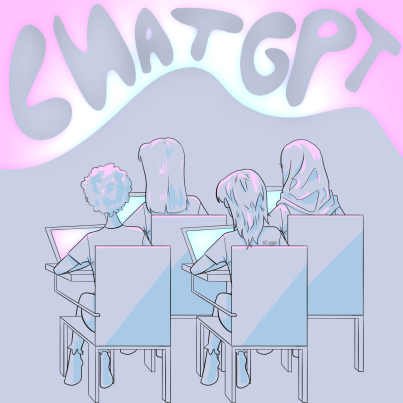

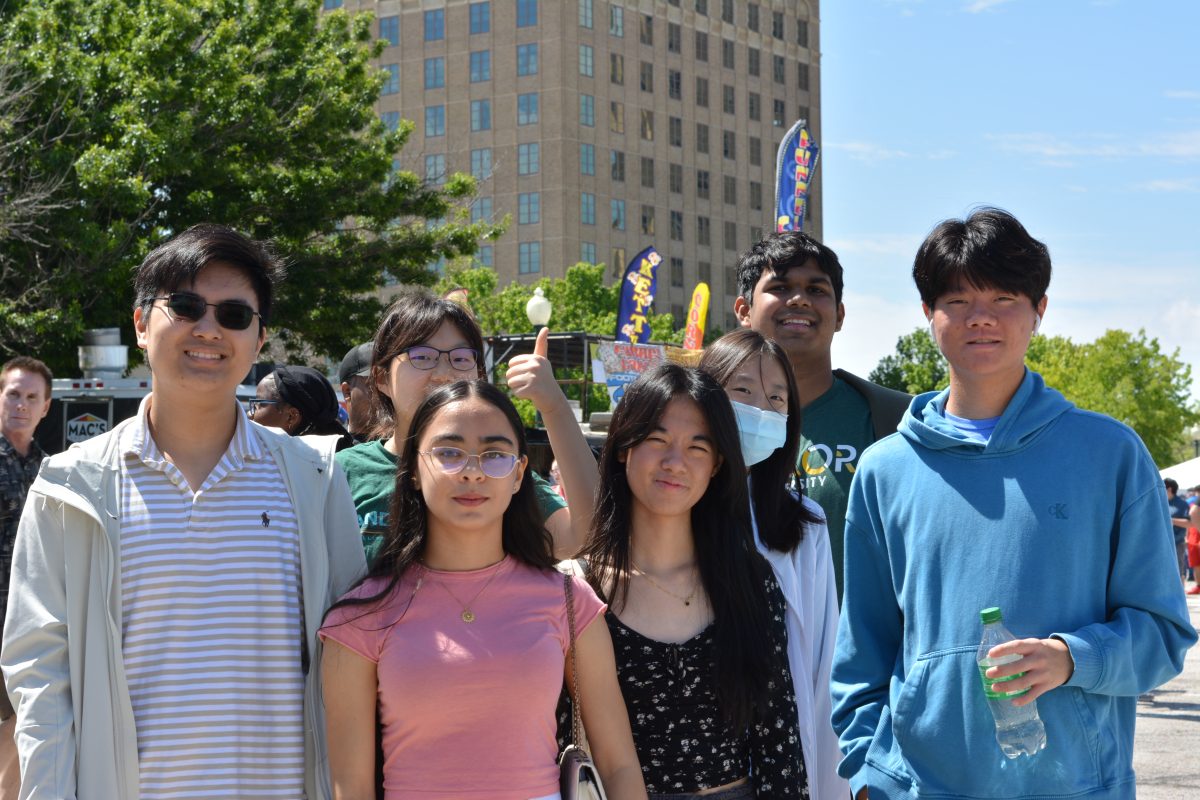




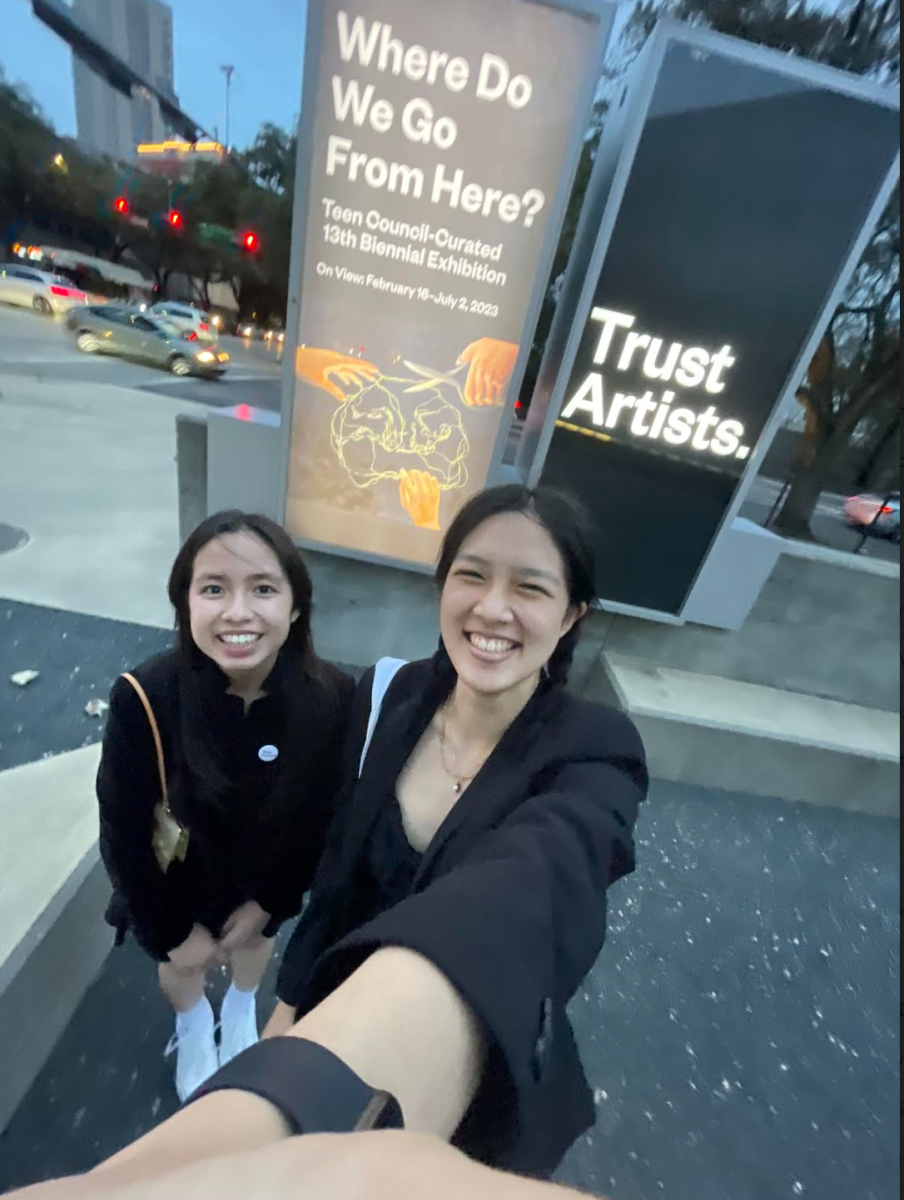
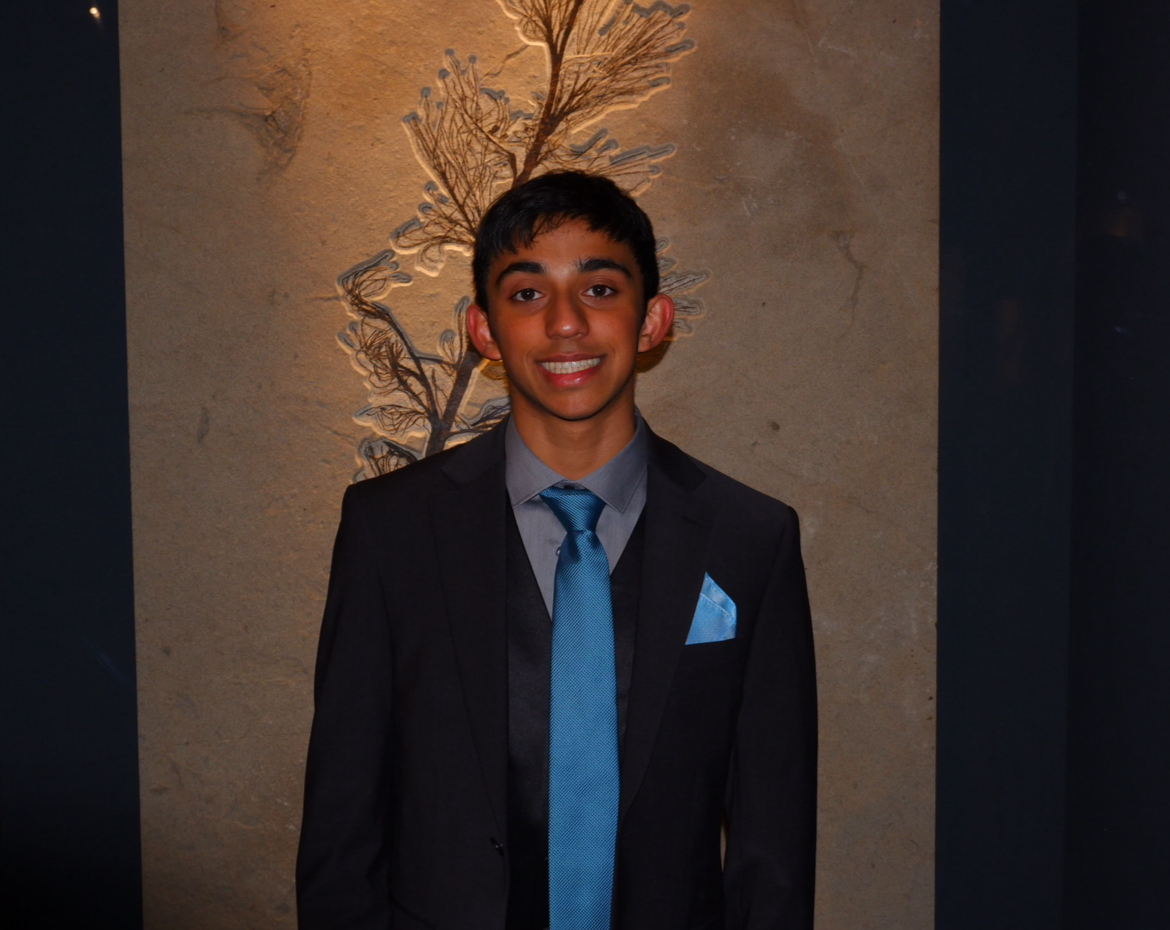
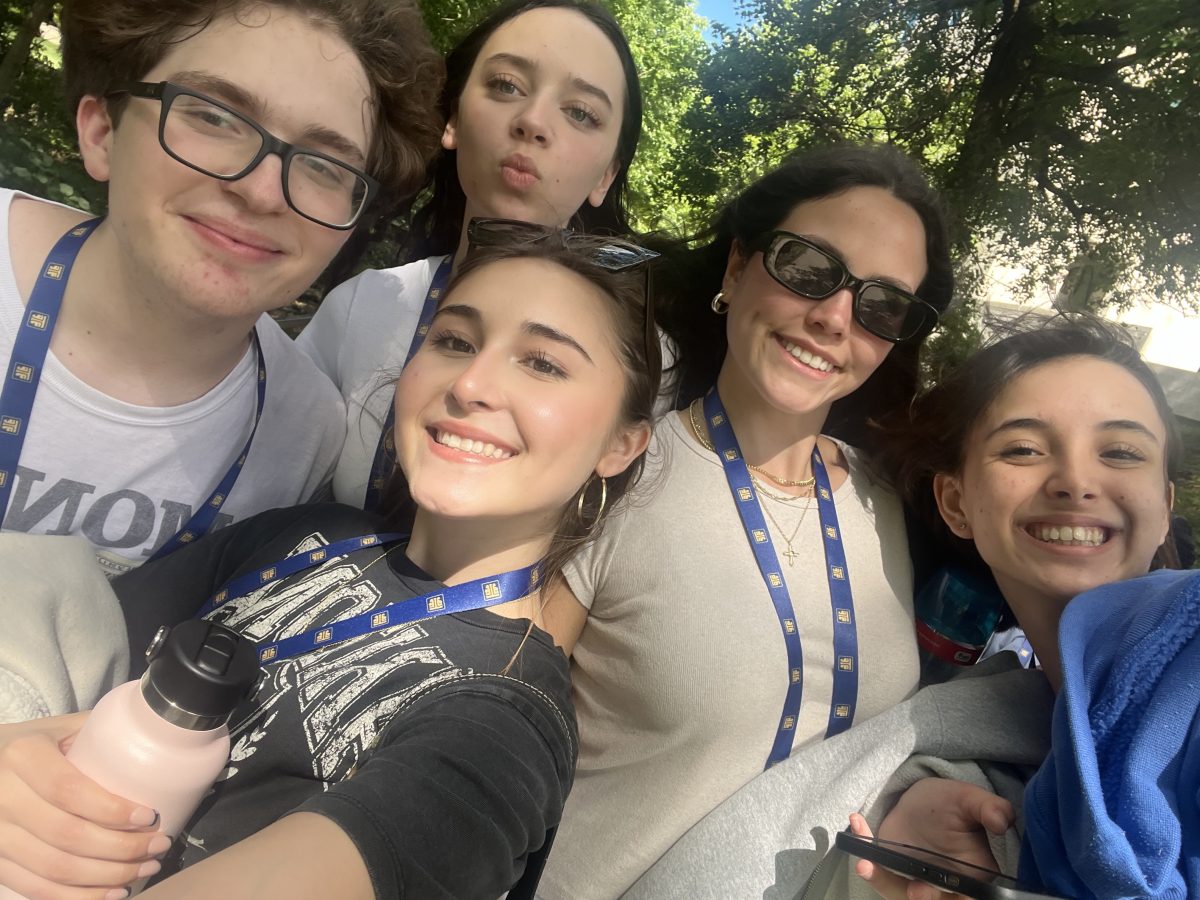
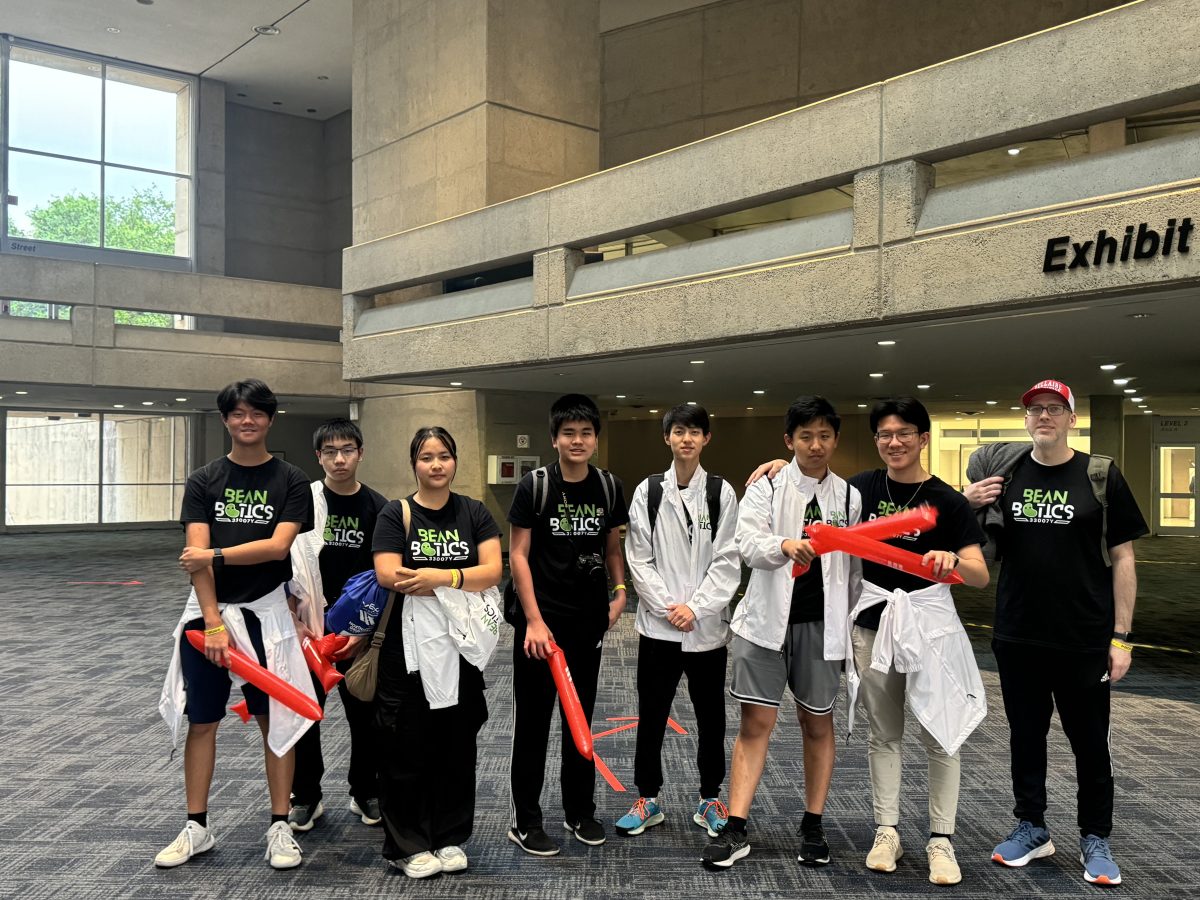



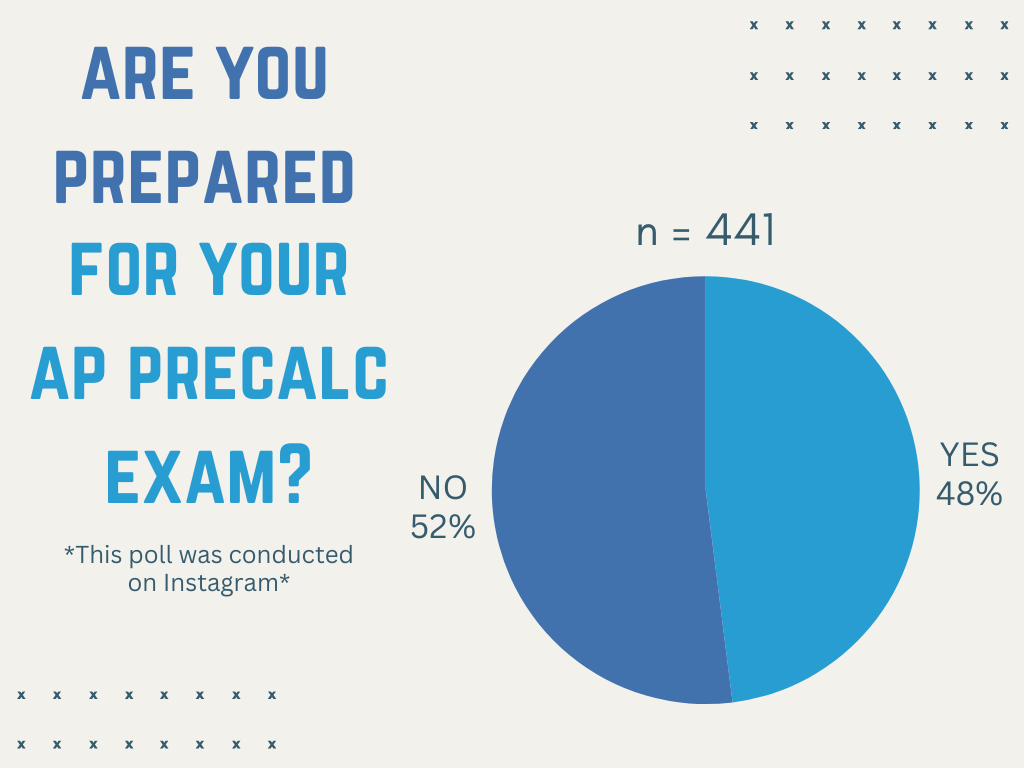
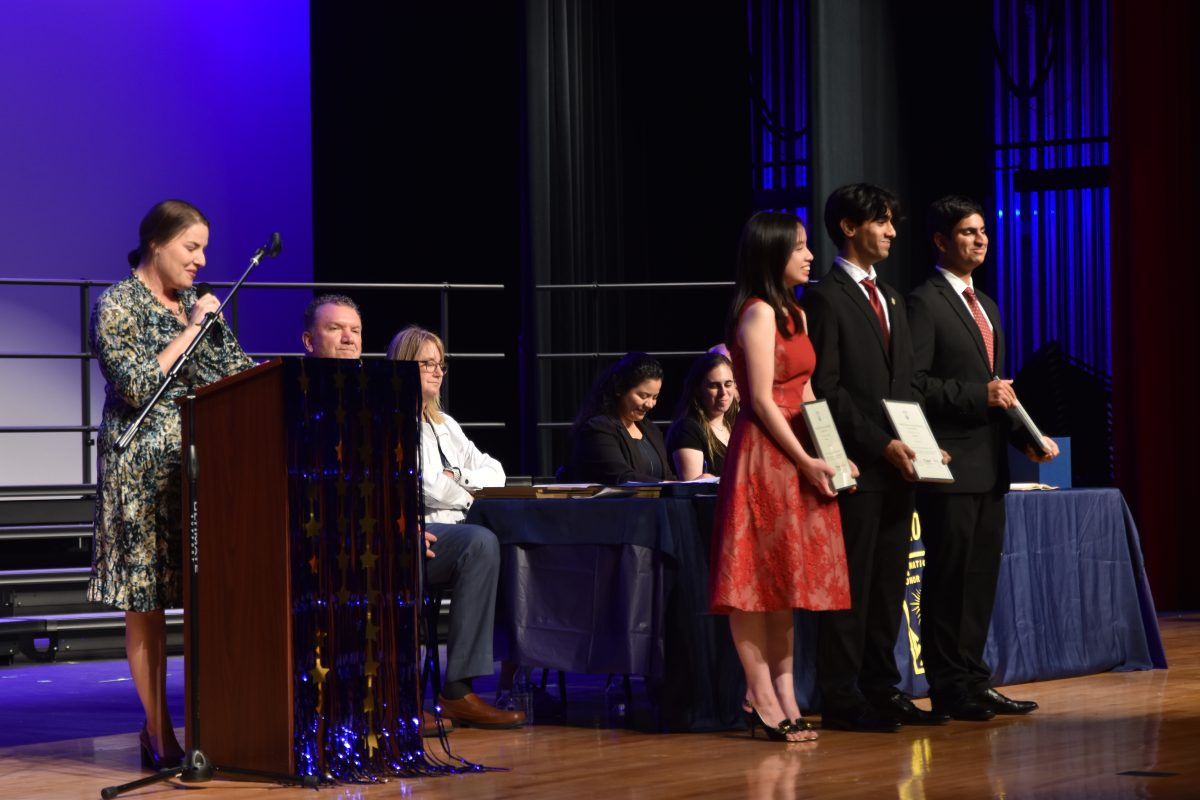
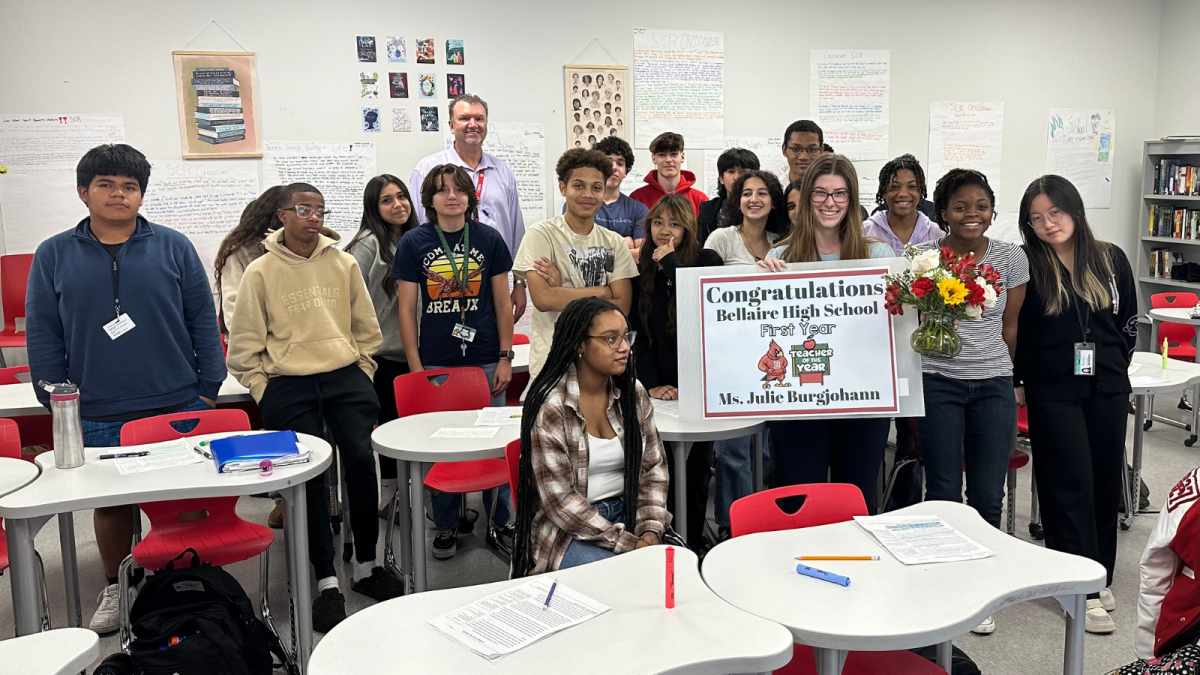
Joy Xia • Dec 21, 2023 at 5:17 pm
Great article! This is a very timely topic. I like your lead too!